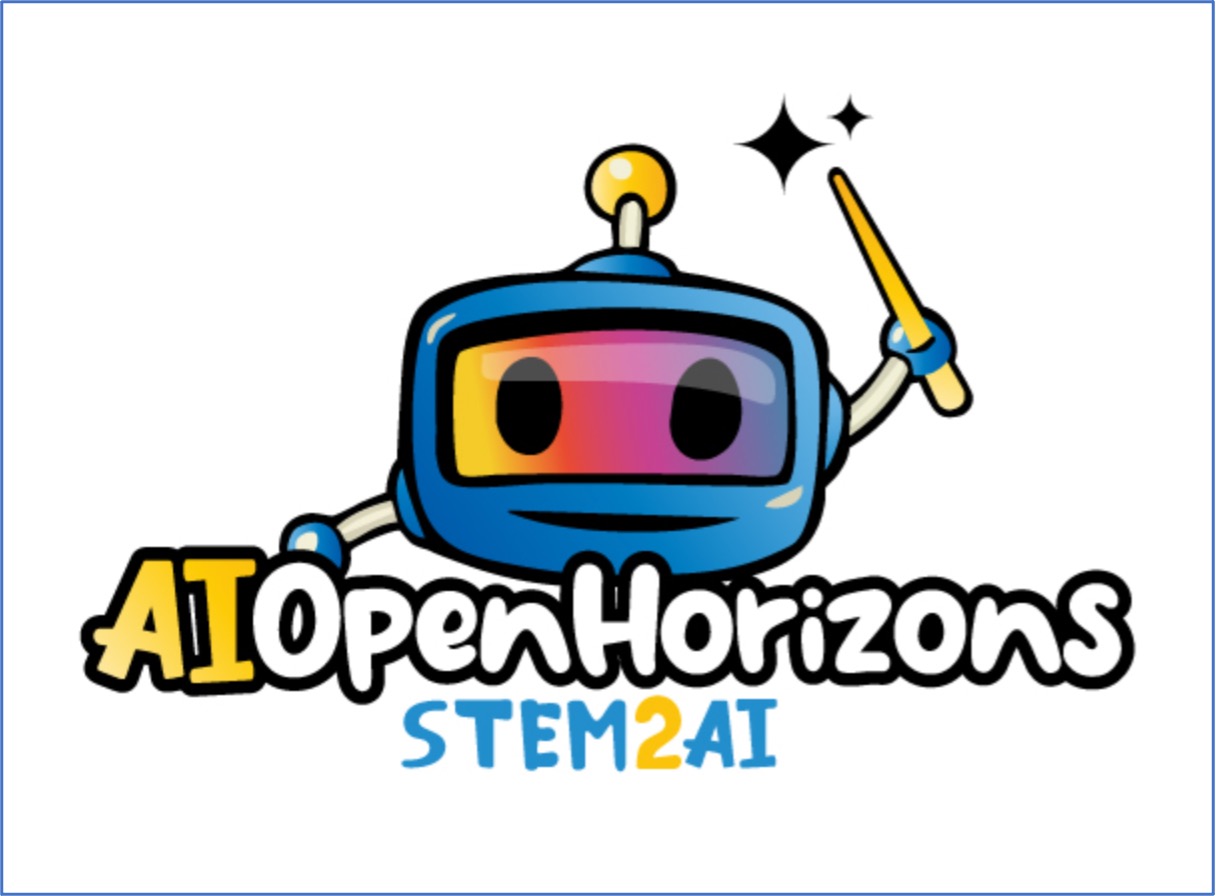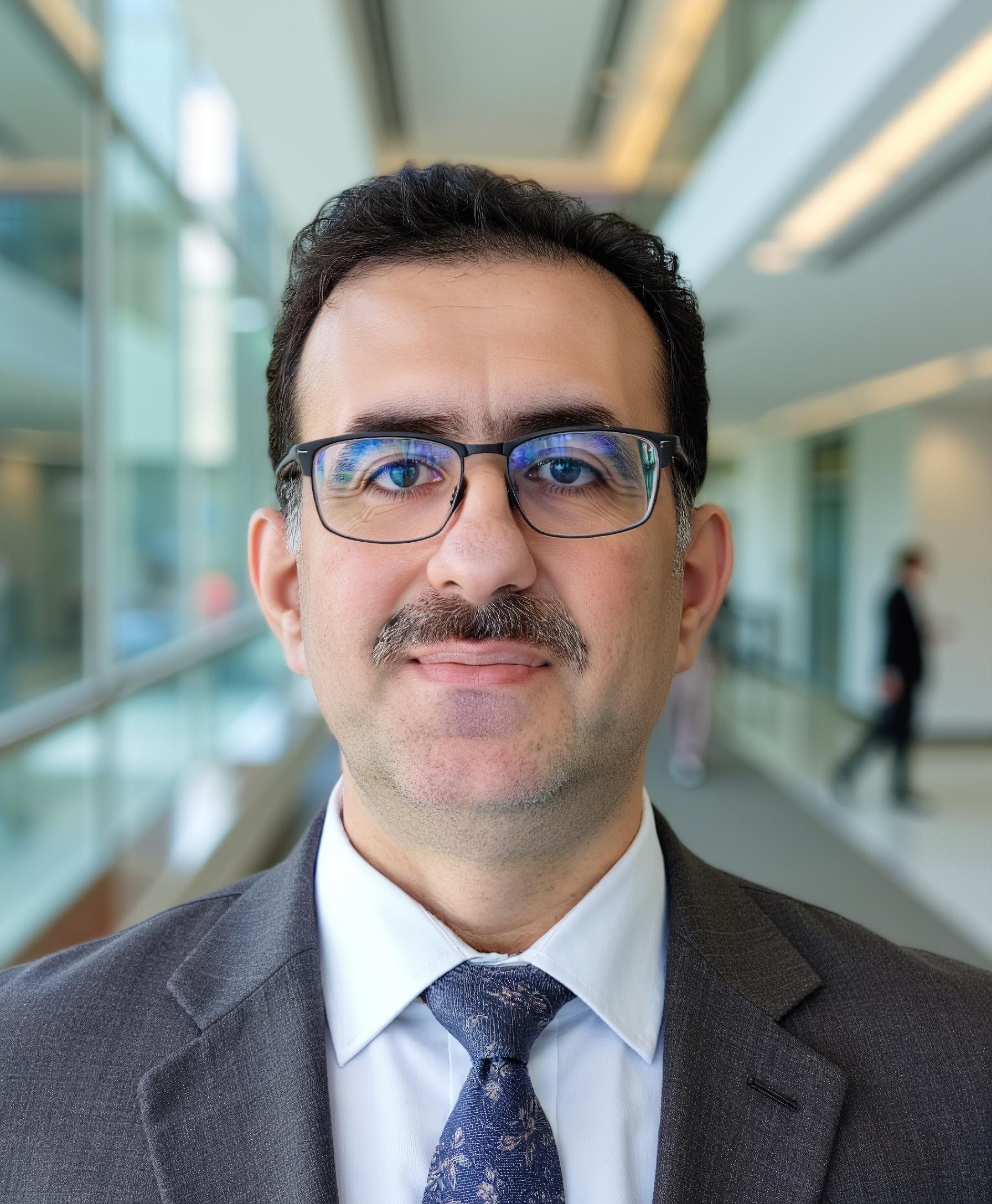We’re excited to introduce you to the always interesting and insightful Dr. Monther Haddad. We hope you’ll enjoy our conversation with Dr. Monther below.
Alright, Dr. Monther thanks for taking the time to share your stories and insights with us today. Let’s kick things off with a hypothetical question – if it were up to you, what would you change about the school or education system to better prepare students for a more fulfilling life and career?
To better prepare students for a fulfilling life and career, I strongly believe that schools should integrate AI education and real-world problem-solving into the core curriculum. This can start at the early stage of elementary school. In today’s world, AI is not just a tool for engineers or tech professionals – it is reshaping every field and every industry. High school graduates should possess a solid understanding of AI fundamentals, along with hands-on experience using a variety of AI tools and real-world applications. They should be well-versed in data privacy and the ethical implications of AI, enabling them to use these technologies responsibly and creatively in their chosen careers. Equipping them with this knowledge early on will help them be not just workers of the future, but innovators and thoughtful contributors to society. I believe education should also shift from rote learning to fostering adaptability, curiosity, and ethical thinking, especially around emerging technologies like AI. Life and work today demand that we constantly learn and evolve, and schools should model that mindset. Instead of offering knowledge and information directly to students, schools should teach students how to think and create solutions to real-world problems.

Great, appreciate you sharing that with us. Before we ask you to share more of your insights, can you take a moment to introduce yourself and how you got to where you are today to our readers.
I hold a doctorate in Business Administration as well as a master’s degree in Electrical Engineering. For over 20 years, I have built a successful career as a mobile telecom director (1998-2021) specializing in wireless cellular network planning and design. My expertise spans multiple generations of technology, including 2G, 3G, 4G, and 5G networks. Throughout my career, I have led large teams and managed complex projects that helped shape modern telecommunications infrastructure. I moved with my family to McKinney Texas in 2021 and helped my wife establish a STEM Education Center pursuing our shared passion for learning and teaching. I am now launching my own educational project – AI Open Horizons – which will address the gap of AI Education among school students. Starting from North Texas, AI Open Horizons aims to become the premier AI education platform for K–12 schools throughout the South-Central United States, covering Texas, Oklahoma, New Mexico, Louisiana, and Arkansas. Over the coming years, the platform plans to expand its reach to more than 250 schools and serve 250,000 students within this five-state area. Future programs will feature AI career readiness courses, teacher certification in AI teaching, and specialized pre-college tracks focused on AI concepts and applications.
Can you tell us about a time you’ve had to pivot?
After spending over two decades in the telecom industry as a director focused on wireless network planning and design, I worked for over two years (Dec 2022 – Dec 2024) as a STEM instructor to support the STEM education center which my wife started in 2022. It was during this time that I realized the significant gap in accessible, age-appropriate AI education. I saw firsthand how little exposure most kids had to AI, despite its growing influence on every aspect of our lives. That experience inspired me to focus on developing meaningful AI education programs for K–12 students. I knew I could do more than just teach – I could help shape a future where young learners can become informed creators and ethical thinkers in the AI space. My new project AI Open Horizons has the tagline STEM2AI to emphasize this transition.
How do you keep your team’s morale high?
Having created and managed several teams during my professional career, I realized that a good team needs to have three factors. The first factor is the team mission. Any team should have a clear mission statement that all the members know, share, and work to achieve. In small companies, all the employees can make one team who share the company mission. For medium and large enterprises, each team will have a clear mission that aligns with the company mission. The second factor is clear roles and responsibilities. Having clear boundaries for the role and responsibility of each individual in the team reduces conflicts and create a strong sense of ownership to the tasks assigned to each member. The third factor is the ground rules which determine how team members interact, collaborate, and resolve conflicts. these three factors are vital in the success of teams.
Contact Info:
- Website: https://www.aiopenhorizons.com/
- Linkedin: https://www.linkedin.com/company/ai-open-horizons


